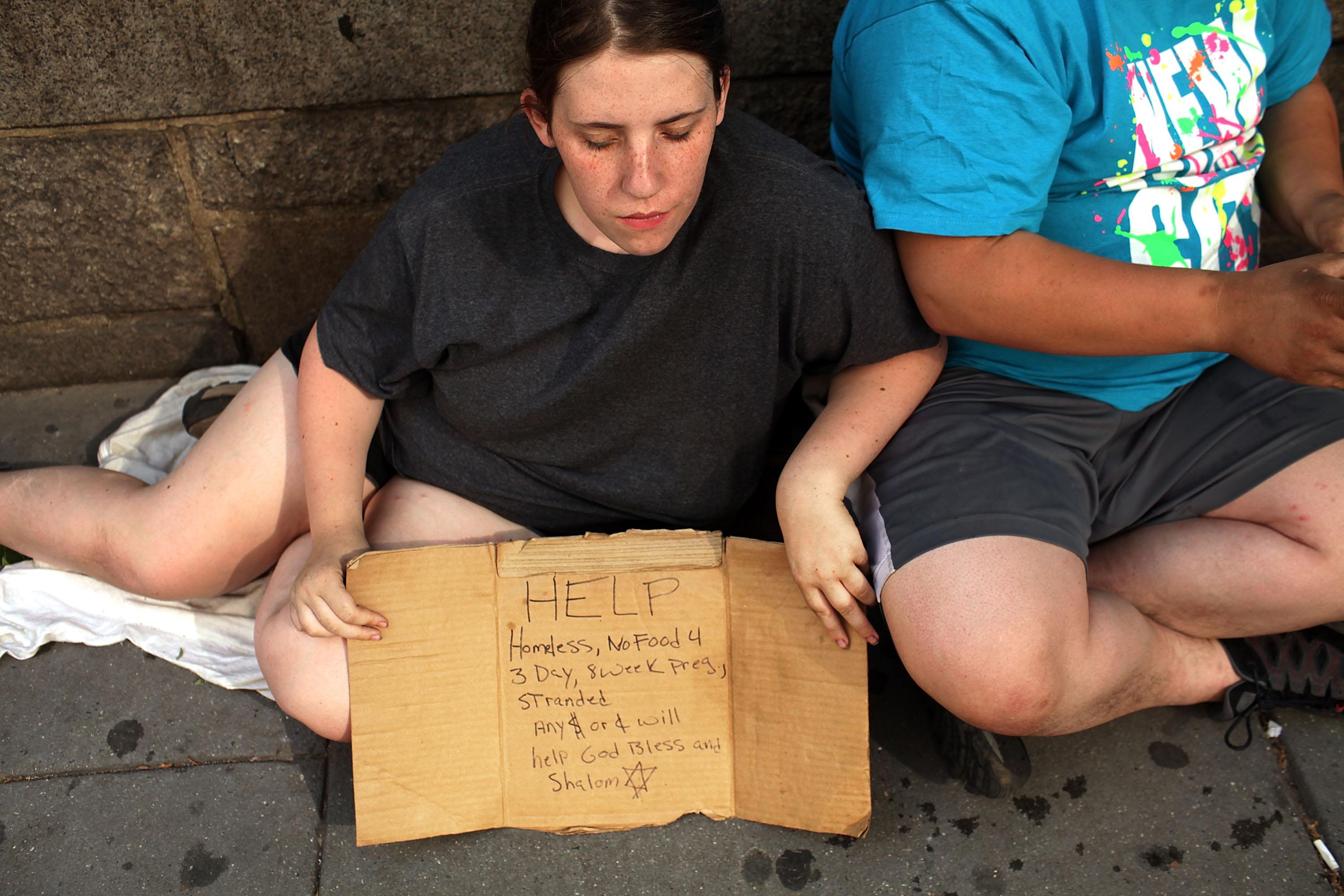Today I wrote about the debate over who gets credit for the declining abortion rate. Pro-lifers think they did it, by persuading people that abortion is the wrong choice. Pro-choicers think birth control did it, by reducing the number of unintended pregnancies that lead to abortion. The evidence for the latter factor is stronger, though pro-lifers should take heart and realign their priorities accordingly, from legislation to education. You can read the whole article here.
But the most persuasive explanation for the decline is neither of these. It’s the economy. As researchers from the Guttmacher Institute point out in their analysis of the data,
Studies have found that trends in unemployment between 2007 and 2009 were accompanied by a drop in the fertility rate and, more specifically, that states that experienced greater economic distress had larger birthrate declines during this period. These findings are substantiated by a national survey of women conducted in 2009, which found that 44% wanted to delay or limit childbearing because of the economy … Presumably, then, more women and couples were making conscious decisions to avoid pregnancy and so resumed or continued using contraceptives.
The analysis continues:
Furthermore, while the majority of women want to avoid pregnancy, multiple studies have found that approximately one in five are ambivalent, and that pregnancy ambivalence is associated with inconsistent contraceptive use. During a period of prolonged economic uncertainty, women and couples may be more resistant to an “accidental” or “surprise” pregnancy, and hence more consistent in their contraceptive use.
One reason I find this explanation persuasive is that it fits the data. Another reason is that it makes practical sense. A third reason is that it isn’t being promoted by either side. It doesn’t come up because it suits somebody’s agenda. It comes up because it’s what the evidence supports.
If this is the main reason for the recent decline in abortions (and I’m not ruling out the others—it’s a no-brainer that birth control reduces the need for abortion), this raises difficult questions for me and for Ross Douthat, with whom I’ve sometimes debated these issues. Douthat is a pro-natalist. He opposes abortion, worries about underpopulation, and believes society should encourage procreation, not birth control. The Guttmacher analysis challenges this worldview. It suggests that what has driven down the abortion rate in recent years is anti-natalism. Fear of procreation has increased fear of pregnancy, which in turn has increased contraceptive use and reduced the number of abortions.
But this raises problems for me, too. Last week, Douthat suggested that Roe v. Wade, by enabling women to avert the previously intolerable consequences of unintended pregnancy, weakened society’s insistence that a man should marry a woman if he wanted sex with her. I criticized this argument as harsh and punitive. But the Guttmacher analysis implies that harsh, punitive consequences—the unaffordability of bearing a child in a difficult economy—have achieved a moral objective I’ve long advocated. They have made people more diligent about using contraception.
For people like me, the question is how to sustain this diligence in the absence of economic pressure. I’m not sure how to accomplish that. I’d welcome your ideas.
